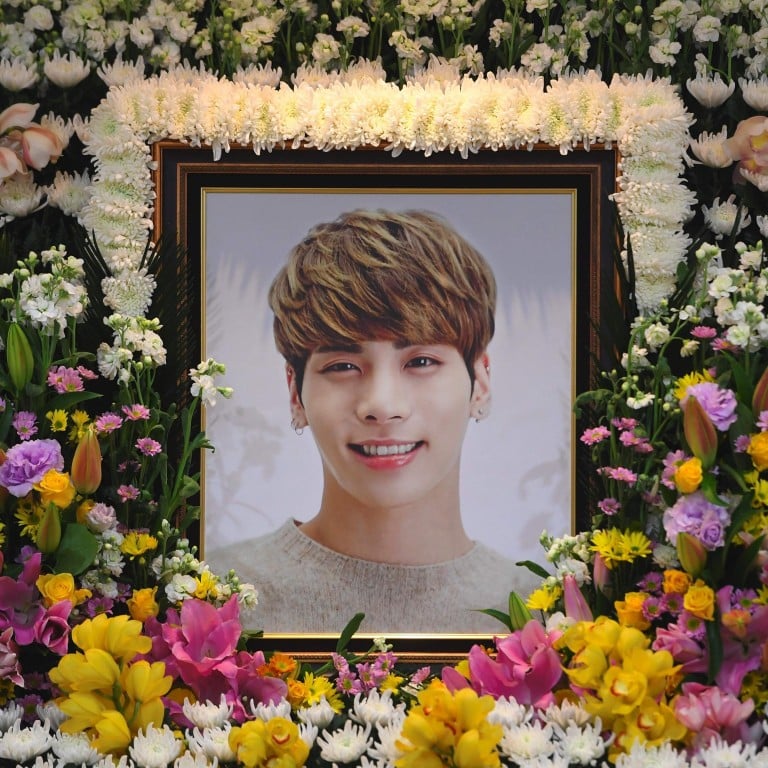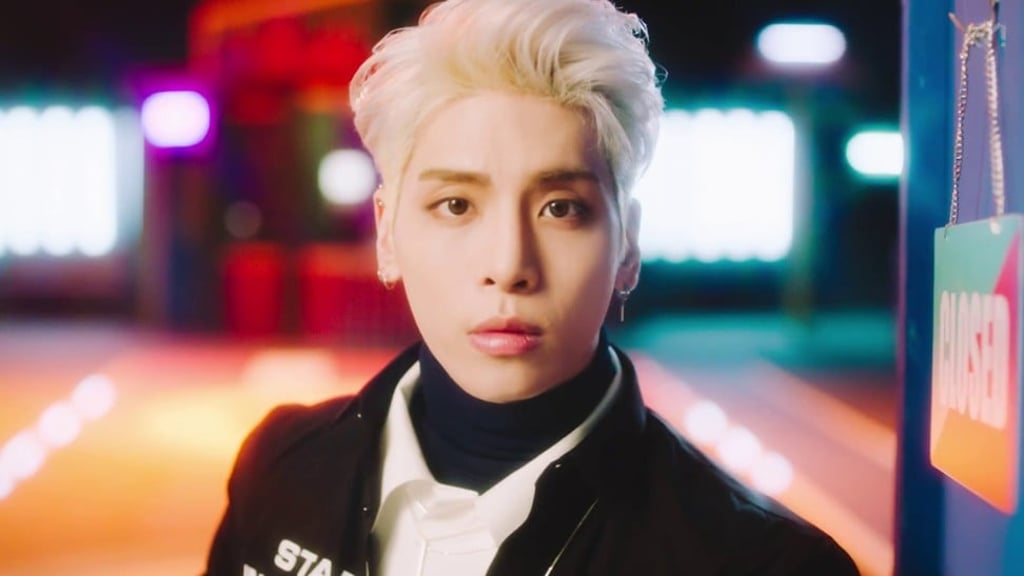SHINee’s Jonghyun remembered: the legacy of a K-pop king and LGBTQ+ icon

Two years after his death, on December 18, we pay tribute to SHINee lead singer Jonghyun – a multi-hyphenate performer, charity activist and outspoken voice for young people and minorities
Two years ago, the K-pop royal and lead voice of mega-boy group SHINee, died from carbon monoxide poisoning at his apartment in Seoul, after the singer’s battle with depression sadly ended with him claiming his own life. The second anniversary since the tragedy, December 18, arrives at a time when the nation is still mourning Sulli and Goo Hara – two sudden deaths which have prompted an overdue reckoning with a mental health epidemic in the Korean entertainment industry.
Despite his career being cut sadly short after less than a decade, fans will remember the impact Kim had on many realms.
Being different doesn’t mean it’s wrong
A multi-hyphenate talent

Dancer, vocalist, songwriter, author – the icon’s many talents were widely credited with contributing to SHINee’s success as one of the best live acts in K-pop.
The boy group was formed in 2008 by Korea’s largest entertainment agency, SM Entertainment, and its debut EP “Replay” landed in the top 10 of domestic charts. They became mainstays in the K-pop scene after No 1 singles like Ring Ding Dong and Lucifer that also showcase the band’s cutting-edge dance moves, generating over 100 million views on YouTube. The quintet’s later hit release “Sherlock” became one of the highest-selling albums that year in South Korea, shifting more than 180,000 copies in 2012.
As “Jonghyun”, he was prolific in his work, contributing to 12 albums with the group. As the lead vocalist, his emotive and raw delivery resonated with audiences. He also flexed his songwriting abilities in tracks including Juliet, in 2009, plus the handful of tunes he co-wrote for the “Lucifer” album in 2010, such as Up & Down.
Kim’s artistry extended to other mediums, including authoring the novel Skeleton Flower: Things That Have Been Released and Set Free, in 2015, which detailed stories behind tunes he penned for SHINee and his solo works.
A LGBTQ+ pioneer